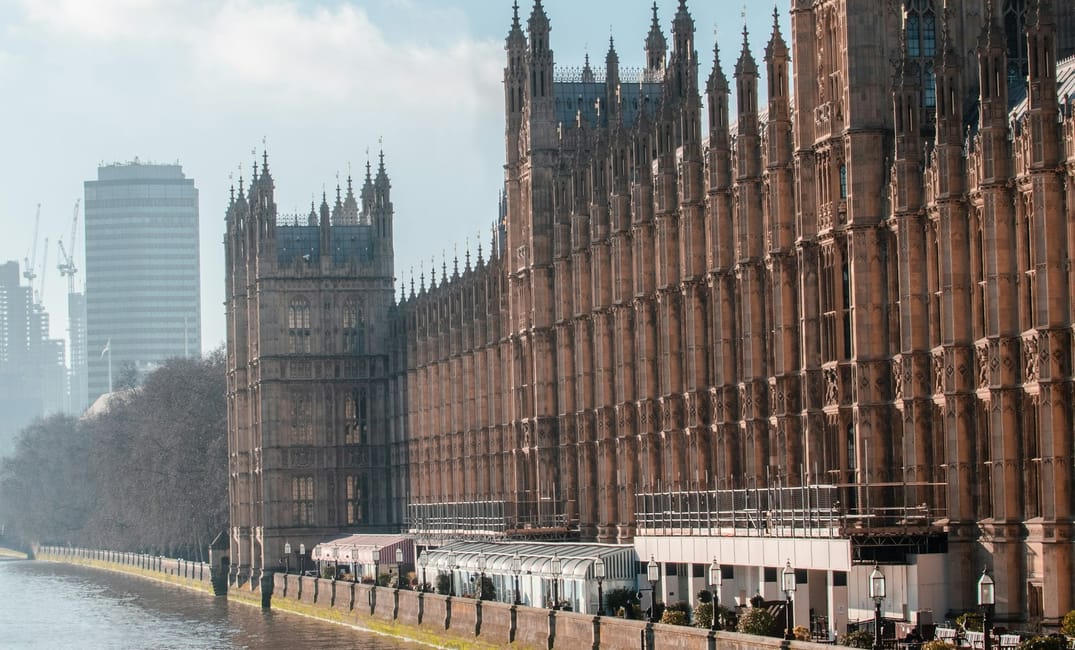Joe Ward
Naked Politics Blogger
With the formation of The Independent Group, the challenge for a new political party to make change is clear.
It seems that a day doesn’t go by nowadays without another episode of
The MPs in question are:
- Luciana Berger (Liverpool Wavertree),
- Chuka Umunna (Streatham),
- Chris Leslie (Nottingham East),
- Angela Smith (Penistone & Stocksbridge),
- Mike Gapes (Ilford South),
- Gavin Shuker (Luton South)
- Ann Coffey (Stockport).
- Plus, Joan Ryan (Enfield North)
This takes the total number of MPs that were elected as Labour candidates but now sit as Independents up to fourteen!
The initial seven felt that the time had come to leave the Labour Party and sit in Parliament as The Independent Group, stating that the Labour Party they joined and believed in, is no longer today’s Labour Party.
Since Jeremy Corbyn’s successful leadership bids in both 2015 and 2016, it was clear that some MPs in the Labour Party questioned whether the Party was the place for them. In private, many had expressed grave concerns about Corbyn’s views. However, these had just been whispers and private conversations until now. The lack of leadership in regards to emphasising a People’s Vote, the weak attempt of combating antisemitism, intimidation and bullying from “the machine politics of the hard left”, the threat Corbyn poses to national and international security, have all been listed as reasons for why the MPs think that ‘enough is enough’.
Though a large sense of excitement and hope was portrayed by the seven in Monday’s press conference, the wider reaction to the split has been a mixed one, with some commentators saying that this may represent a turning point for UK politics, but that the group face many challenges.
If the last breakaway attempt, by the SDP’s ‘Gang of Four’, is anything to go by, the odds are not in TIG’s favour.
Though they reject comparisons with the SDP, the two do bare an uncanny resemblance. The SDP was formed because of a manifesto backing nuclear disarmament, withdrawal from the then European Community and a lurch to the far left. The very same reasons that were cited in Monday’s press conference.
Furthermore, the SDP did not start as a breakaway party. It was a “movement” which then evolved into a party… exactly as the seven TIGers described themselves as.
This begs the question to how successful The Independent Group can be?
A key feature to the longevity of this group will be whether they have the leadership qualities to guide them into a successful party? TIG arguably lack anyone of the stature or public recognition comparable to the founders of the SDP. Three have even lost motions of no confidence against them in the constituencies that they represent. None hold Shadow C
They may take influence from France when Macron built ‘En Marche!’ – a new political movement and party based on centrist ideas. But, unlike TIG, he already had experience as a senior minister and an established public profile that aided to build this network.
They all advocate a “People’s Vote”. With neither Labour nor the Conservatives putting another referendum on the cards at the moment, those hoping to overturn the EU referendum result will be their natural target market. A recent poll shows that the majority of people think that leaving the EU is wrong, so perhaps there is a large audience.
With many feeling that Labour
From Monday’s reveal, it is clear what TIG
In the short term, they are likely to remain in political limbo, promoting social values not unfamiliar to Labour supporters, but then placing more emphasis on the market, which is likely to appeal to disenfranchised pro-EU Conservatives. It’s sounding a lot like a New New Labour. TIG will face a challenge though, as they will have to compete against a Labour manifesto that proved popular in 2017.
As recent political events across the globe have shown, social media and technology have become entwined with our democratic processes. Grassroot movements, such as Momentum, have shown that if technology can be effectively utilised to reach a wide audience, it is possible to gain traction by mobilising supporters.
We know that the group has already been in contact with some consultancy firms in Washington to help with the formation of the group. However, the process will not happen overnight. With no real structure, resources, activists or money yet to help establish themselves as a major player in Westminster, it will be a massive challenge to compete against the party machines of the Labour and Conservative Parties.
As was evident by the faces of the initial seven, the decision to leave their political friends and the party was enormous. The reaction from Labour has been mixed as many, such as former leader Ed Miliband expressed sadness, whereas Labour MP Lloyd Russell-Moyle labelled the seven as “cowards”, and others complaining that they are only helping the Tories. This demonstrates how much of a monumental moment this is for the Labour Party.
Where does this leave the Labour Party?
Shadow Chancellor, John McDonnell, has called for a “mammoth listening exercise” to address criticisms from fellow MPs. Deputy Leader, Tom Watson, said it was “a moment for regret and reflection”. Not only this, but the Party will want to address the wider accusations made by the leaving MPs, that the UK’s main opposition party is institutionally antisemitic to avoid haemorrhaging voters.
That said, it is likely that more Labour MPs will join TIG, and possibly more Tory MPs that the three that crossed the floor on Wednesday. It is certain though that this great change to UK politics that so many are predicting is very unlikely to happen anytime soon and that for members of The Independent Group they have put their political lives on the line. Only time will tell if it was worth it.

